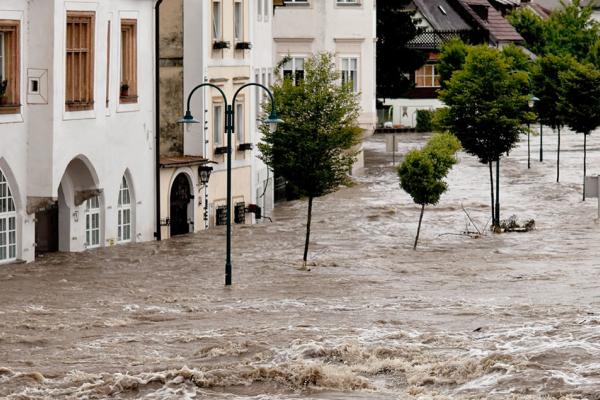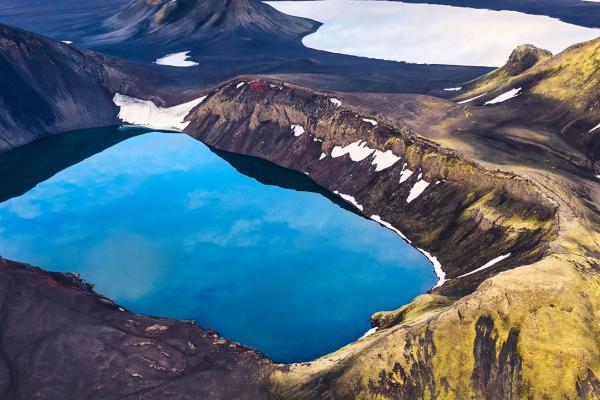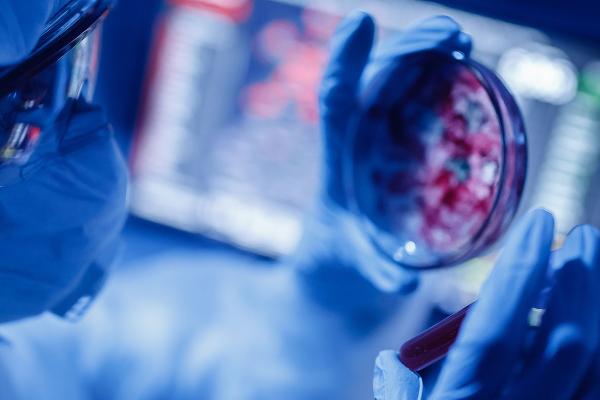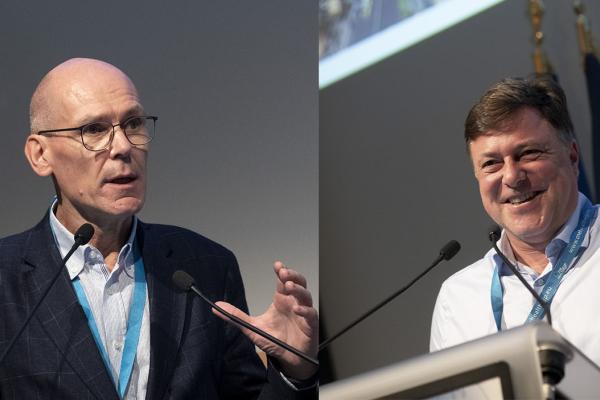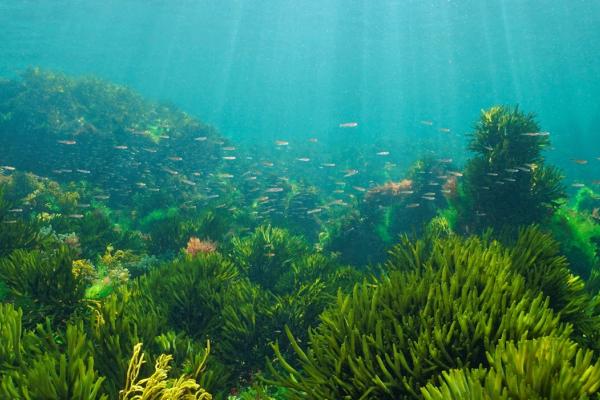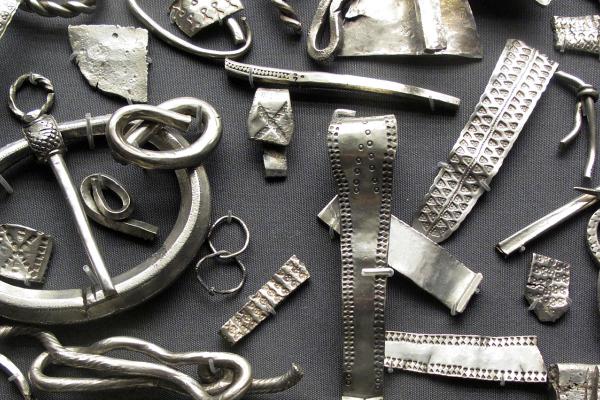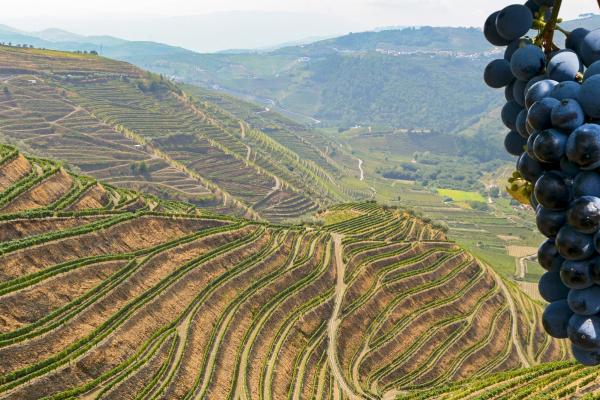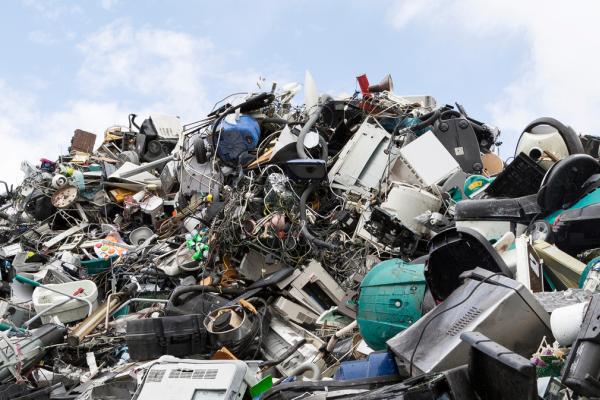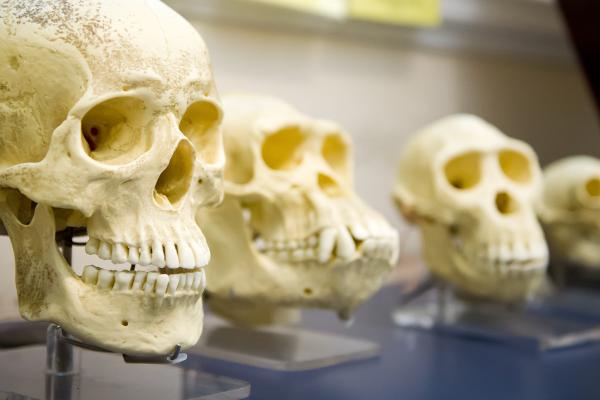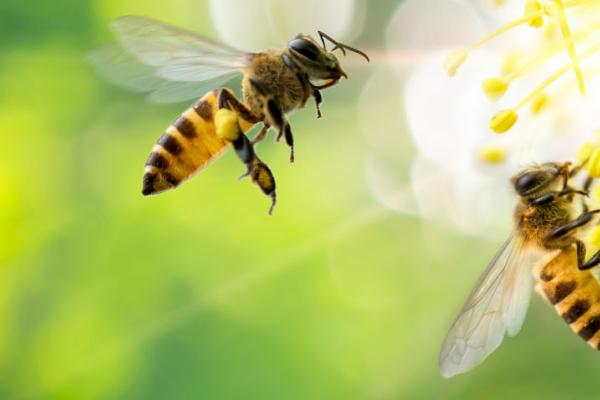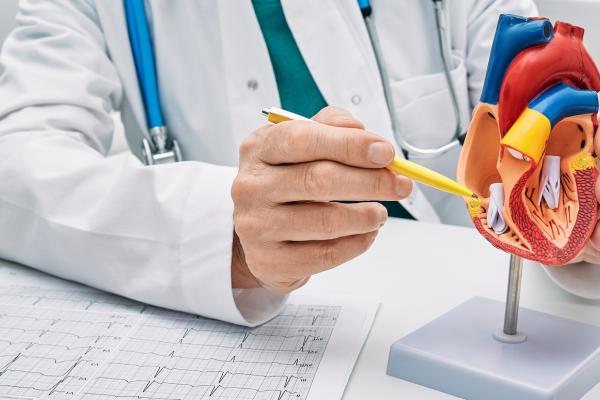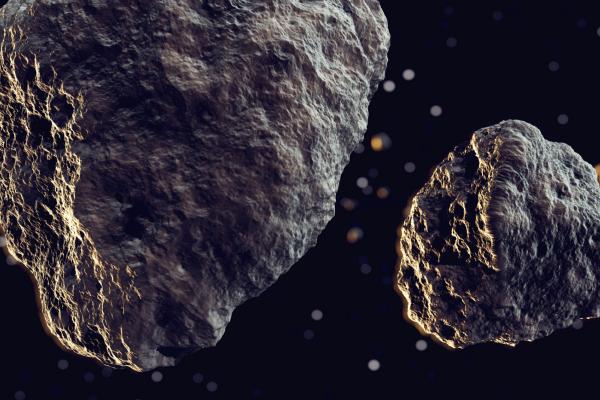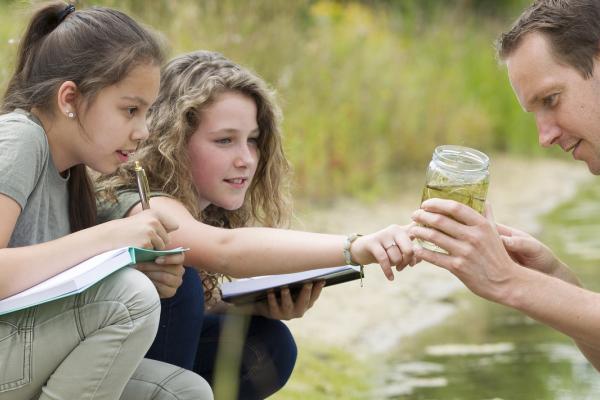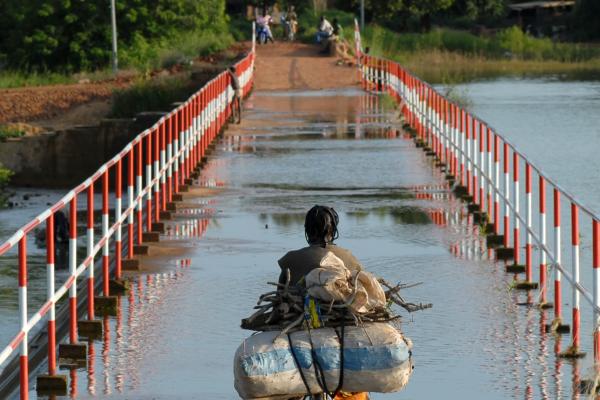European cities of the future should be greener, smarter and more inclusive, according to young Poles who shared their vision during the EU Youth Policy Dialogue in Warsaw.
Special series

Researchers on a mission
The EU is on a mission with researchers to protect our planet and society.
By helping researchers discover new ways to improve people’s lives, and to protect us from climate change and global health shocks, the EU is building a better future for all of us.
Most popular
-
1
-
2By Sofia Sanchez Manzanaro
-
3By Jonathan O’Callaghan
-
4By Gareth Willmer
-
5
Top videos
Cities of tomorrow: young Poles share vision for smarter, greener living
4 April 2025
Where curiosity meets innovation: EU science fair in Belgium dazzles young minds
28 March 2025
Past articles
Artificial intelligence, which can already generate texts and mimic human speech, might also help the world prepare for the worsening effects of climate change.
Marijuana shows promise in treating illnesses ranging from depression and addiction to arthritis and epilepsy.
Drawing inspiration from birds, fish and even worms, researchers in Europe are developing machines to explore places on Earth that are difficult for people to reach.
Sensors, “smart” buoys and high-tech traps can make fisheries in Europe more sustainable and profitable.
EU researchers are examining how bacteria, fungi and other microorganisms could boost the health of both plants and animals.
EU researchers are looking for new ways to tackle bloodstream infections that kill millions of people worldwide every year.
Researchers in Europe are working to counter potential risks from nanomaterials used by a range of industries for technological advances.
Understanding the deep connections among human, animal and environmental health is more important than ever, according to the two heads of a groundbreaking EU research project.
Personal support and user opinions are crucial to ensuring local transport systems become more widely accessible.
Compounds found in seaweed may reduce a serious digestive-tract illness.
The precious metal’s role as far back as antiquity offers a window into the rise and fall of past civilisations.
Europe is seeking to use emissions and residues from winemaking for new products ranging from animal feed to antibiotic alternatives.
Extracting gold, silver and other commodities from discarded goods has industrial, geopolitical and environmental benefits for the EU.
As it moves away from fossil fuels and towards climate-neutrality, the EU is placing strategic importance on the market for batteries and stepping up research in the field.
Humankind’s genetic links to long-extinct relatives are being mapped in a rapidly expanding research field called palaeoproteomics.
EU researchers are turning to the world’s top pollinator in an attempt to reverse biodiversity loss and help fruit growers.
Two major illnesses in Europe have prompted EU researchers to hunt for cures by grouping affected people.
Minerals in ancient meteorites offer insights into the origin of almost three-quarters of the Earth’s surface.
Science lessons across Europe come to life through a push towards “open schooling”.
Satellites and on-the-ground sensors are helping Kenya, Ghana and Zambia tackle inundation risks and farmers cope with drought.













